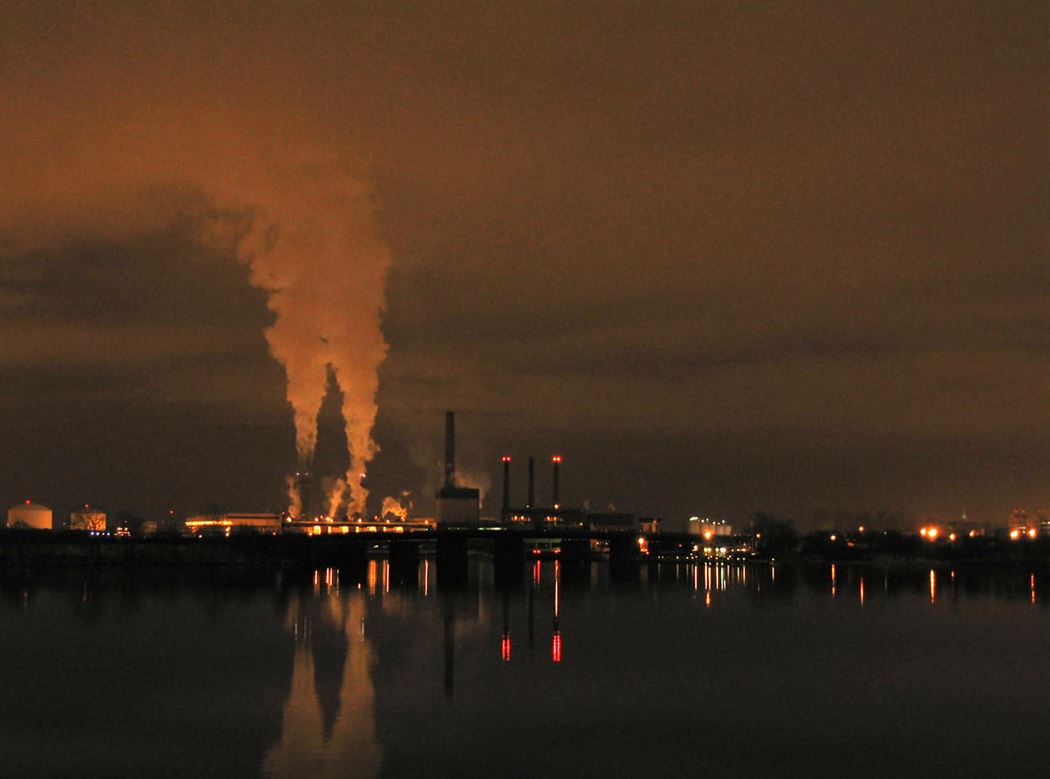In 2016, the Earth was at its hottest ever recorded by scientists, and CNN launched their special reporting of “Vanishing: Earth’s 6th Mass Extinction.”
Severe droughts and wildfires raged across California, while terrible flooding plummeted the South, time and time again. 2017 already marks the third hottest year in a row, and will inevitably break new terrifying records in the coming months.
For a large pool of scientists and conservationists, the time to take action against climate change is now. The Earth only allows an approximate 10 to 20 year window (originally a 50 year window) to reverse some of the damages before it’s too late. The historic Paris Agreement within the United Nations Framework Convention on Climate Change (UNFCCC) was ratified in 2016, but nations keeping in line with the agreement will pose a challenging road ahead.
Yet, in the midst of it all, combating climate change will now face its biggest hurdles in the next four years during the presidency of Donald J. Trump. The win not only sent shock waves across America, but across the globe.
With just a couple of days spent in the White House, Trump’s actions have sent a clear message on his intentions to dismantle a lot of the progress and programs made in tackling the severity of global warming.
The Trump administration has already imposed a freeze on Environmental Proctection Agency (EPA) grants and plans to impose major budget cuts. President Trump plans to abandon the Trans-Pacific Partnership (TPP) and renegotiate the North American Free Trade Agreement (NAFTA) with Canada and Mexico. The Democrat-backed TPP also established more widespread environmental rules for the countries within the deal versus NAFTA’s rules.
In addition, Trump’s vice president and Cabinet picks provide very little comfort in regard to the further development of green initiatives. Vice President Mike Pence had called climate change a “myth,” which is something Trump has also stated. Scott Pruitt, a Republican politician and American lawyer, is Trump’s choice for head of the EPA, and has long been a skeptic of climate change.
Rick Perry, the former governor of Texas, will be the lead for the Department of Energy, a department which Perry had forgotten that he vowed “dismantle” in his famous gaff during the 2011 Republican primary debate.
The chief executive of the oil company Exxon Mobile (responsible for Exxon Valdez environmental disaster in 1989), Rex Tillerson, will be Secretary of State. Exxon Mobile is an environmental disaster. The company’s oil and gas deals are notorious for their ties with Russia and Vladimir Putin.
According to Think Progress, 56 percent of Republicans in Congress deny the validity of global warming, and the party will now dominate the three branches of government. That is more than half of the House and Senate combined. Because of this, there is a higher likelihood of less legislation regarding environmental issues passing through.
The skeptical Trump administration will pose a great challenge and threat to the efforts to tackle climate change. In such a critical time to prevent further warming temperatures, the push for greener initiatives is at an all-time high.
We as Montclair State University students and citizens of the world should not be discouraged, as it will it be up to all of us to steer the future of our planet in the right direction. If anything, the obstacles created by the Trump administration will become the true test to see if we truly are willing to make the conscious effort to make significant changes in the community and beyond.
Our actions will ultimately speak louder than our worries and words.



